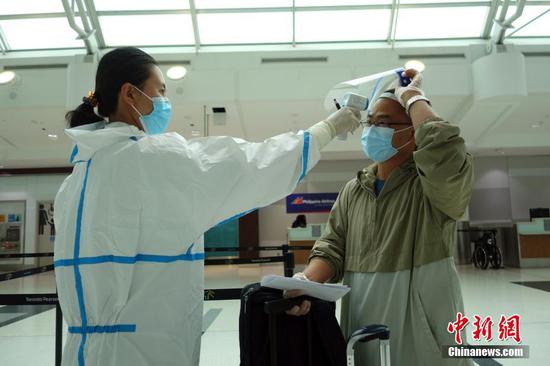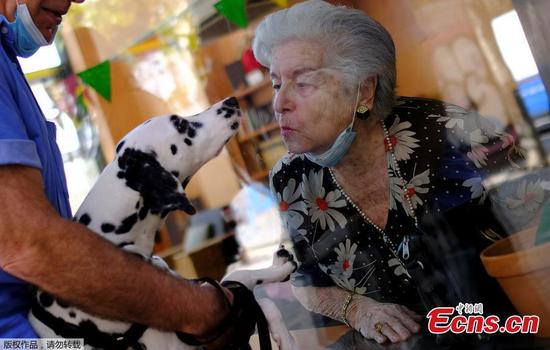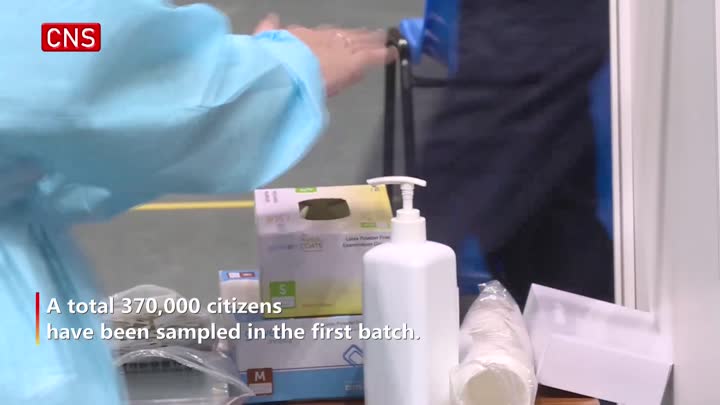Non-governmental organizations, legislators, and health experts in Taiwan have continued to challenge the Taiwan authority's decision to import U.S. pork containing ractopamine.
On Saturday and Sunday, the opposition Kuomintang initiated a petition for holding a referendum against the policy, urging the public to sign the petition and actively stop the policy from taking effect.
The Taiwan authority announced on Aug 28 that it will set standards for ractopamine residue in imported pork to allow imports of such meat and open its market to U.S. beef for cattle aged over 30 months.
The use of ractopamine in pork had been banned in Taiwan in the wake of the risks it may pose to human health.
The authority decided to import pork containing ractopamine without informing the public or consulting the local industry, and without a review by the legislature or proper evaluation of its risks, the KMT said in a press release on Friday.
Considering that pork is a major source of meat and processed foods in Taiwan, and local people also favor pork offal, the KMT is deeply worried about the policy's negative impact on public health, the statement said.
The scientific evidence on ractopamine's impact on human health through human tests was very limited and controversial, said Doctor Jen I-an with the Taiwan Society of Preventive Medicine, adding that there is no research on its impact on the elderly, pregnant women, or infants.
Several million people may be affected, raising serious questions about whether Taiwan needs to face such health risks, Jen said.
"The policy is to benefit multinationals and sacrifice the interests of the public and local industry. It is not only a question of science but also a question of justice," he said.
Wu Pi-Shuang, secretary-general of the Taipei-based Homemakers United Foundation, expressed doubt about the authority's capacity to supervise the origins of imported pork.
"Supermarkets may be able to identify the source of pork, but how about the food processing firms and vendors at traditional markets? Do we have enough people to make sure they use the right kind of pork?" Wu said. "As wives and mothers, we are worried."
A recent survey, conducted by TVBS News, showed that 64 percent of the respondents do not want imported U.S. pork containing ractopamine, and 80 percent will not buy it if imported, while 60 percent are worried that they will eat such pork while dining out.
The survey telephoned 936 local residents above the age of 20 from Aug 31 to Sept 2.


















































